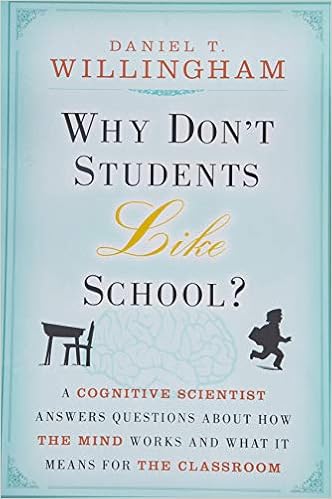interesting podcast discussion and links to articles and books
The science behind caffeine featuring Danielle Rath of GreenEyedGuide.com (Brain Science #25) |> News and podcasts for developers |> Changelog
advice for strategic usage of caffeine
How to drink caffeine strategically with the 5 Levels of Fatigue | GEG Research and Consulting
5 Levels of Fatigue Archives | GEG Research and Consulting
 "FATIGUE LEVEL 1: Dehydrated & Drowsy
"FATIGUE LEVEL 1: Dehydrated & Drowsy
At this level, you’re feeling a little drowsy, but not exhausted or overwhelmed.
SOLUTION = Do something Different.
Go for a walk. Switch tasks. Take a 5 min break.
Drink
WATER. DO
NOT drink any
caffeine at this level.
FATIGUE LEVEL 2: Too Tired
At this level, “I’m too tired” becomes the excuse for action. You’re not exhausted and not just bored or drowsy. You’re just a little bit off, a little sluggish, a little lethargic. You’re “too tired”.
SOLUTION = A LITTLE sluggish means A LITTLE caffeine.
Look for caffeinated beverages with no more than 100 mg caffeine.
FATIGUE LEVEL 3: Stressed & Struggling
At this level, you’re starting to feel overwhelmed. You’re trying to wake up but you’re really struggling to stay focused and engaged. A walk and a cup of tea aren’t going to cut it here, but it’s still not worst-case scenario “energy emergency” quite yet.
SOLUTION = Several scientific studies and international organizations say you should have
no more than 200 mg caffeine at a time. So that’s what we’re looking for here.
FATIGUE LEVEL 4: Energy Emergency
At this level, we’re going to ignore health guidelines and go over that 200 mg caffeine per serving recommendation. This is an energy emergency. This is one step short of being a walking zombie. We’re talking just-trying-to-survive, counting-the-hours-before-I-can-go-home crisis.
SOLUTION = Choose a carbonated energy drink with more than 200 mg caffeine per can.
You can also pick an energy shot because shots have higher caffeine mg per oz than energy drinks. Energy drinks with sugar will give you an extra boost though you may crash after a few hours so ONLY pick drinks with more than 10 grams sugar if you absolutely need that much more help.




